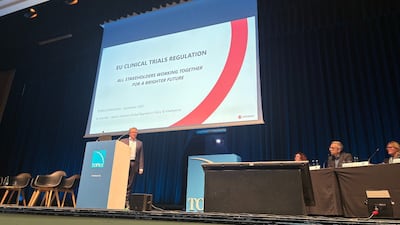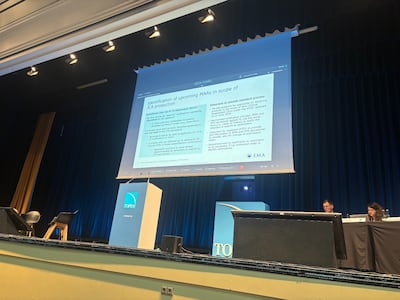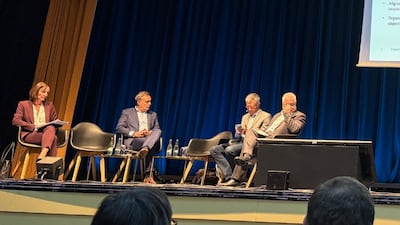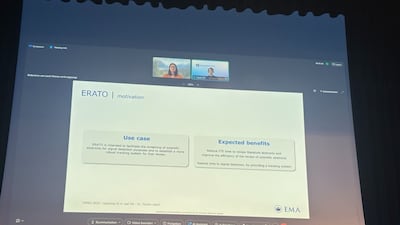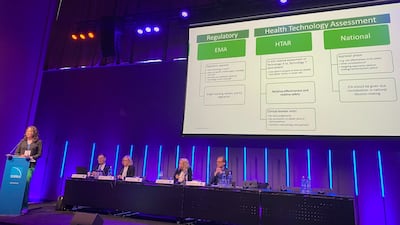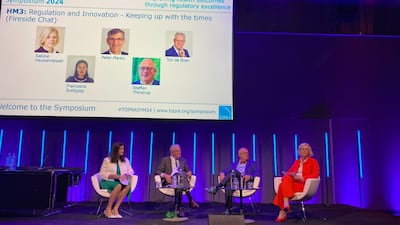TOPRA
Navigating national ethics and local compliance requirements is one of the “most difficult” aspects of the EU Clinical Trials Regulation for sponsors. Authorities must focus on improving this area to make the EU an attractive place for clinical trials, says Shionogi’s regulatory policy lead.
While drug regulators are “conservative” by nature, the European Medicines Agency wants to help companies rather than rip their dossiers “into little pieces,” a senior regulatory assessor says.
More than half of drug marketing authorization applicants whose products fell within the scope of the Health Technology Assessment Regulation this year failed to communicate with the HTA Secretariat as required, a senior figure at the European Medicines Agency says.
While the EU has many pieces of promising legislation in development, regulatory agencies should also prioritize making improvements within the existing framework rather than waiting for the new laws to take effect, EUCOPE secretary Alexander Natz says.
The European Medicines Agency is using artificial intelligence (AI) to screen scientific literature for safety signals and is also developing guidance for manufacturers on using AI in pharmacovigilance.
Manufacturers that do not answer all questions they are asked during joint clinical assessments under the upcoming EU HTA Regulation could have their applications deemed incomplete, says a co-chair of the JCA subgroup.
The European Medicines Agency is mulling how best to involve experts in its decision-making processes while avoiding potential conflicts of interest, says executive director Emer Cooke.
US and EU regulators have invited two companies to work with them on a pilot scheme for assessing drugs for rare genetic diseases, a move that the European Medicines Agency’s Emer Cooke said would help improve “global alignment.”
Lack of early patient involvement in trial design can lead to burdensome studies, inappropriate endpoints, and in some cases clinical failure, delegates heard at a recent regulatory meeting.
European regulators are exploring their interactions with health technology appraisal bodies to improve expedited programs that aim to get medicines to patients more quickly.
A shortage of staff and expertise at regulatory agencies as well as tough eligibility criteria can impact expedited programs and their capacity to help deliver quicker access to innovative products.
As a “laborious” hearing at the Food & Drug Administration on whether to withdraw the accelerated approval for Covis’s pre-term delivery drug Makena, FDA chief Robert Califf commented that industry is not doing enough to provide the evidence required for the fast-track approval pathway.
Target product profiles, database locks, infarct size as a surrogate endpoint, and changes in the manufacturing process featured in a session of this year’s TOPRA Symposium on dealing with tricky regulatory questions.

